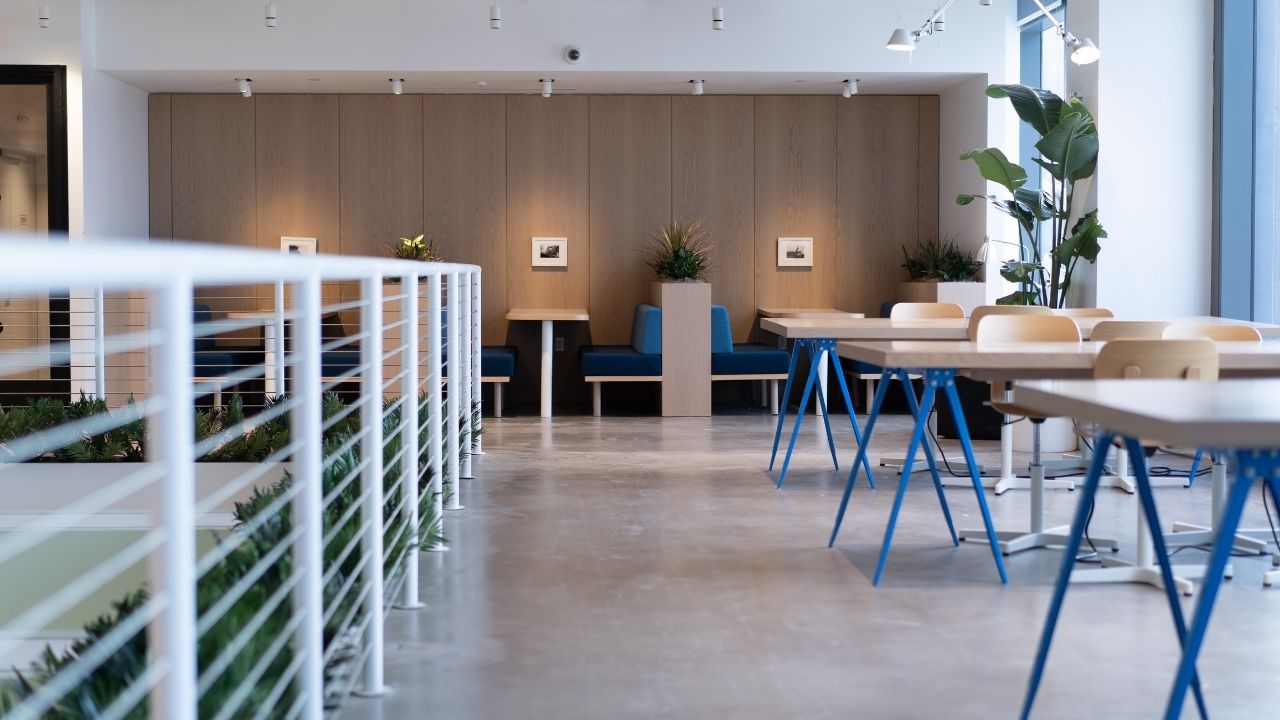As millions of people have yet to return to the office, the pitfalls of working from home have started to grate on their productivity.
Paul Doran, a healthcare salesman, found a way to avoid commuting back to his office in Manhattan while also taking a break from overhearing his fiancee’s calls while working.
Instead, he opted to sign up for a coworking membership at Daybase in Hoboken, closer to where he lives.
“It would take a couple more zeros on the paycheck to get me back to commuting into Manhattan four or five days a week,” said Doran.
This sentiment is being shared across the workforce, with employees feeling the pressure of blending their home and work lives, as well as the disdain at the thought of returning to their employer’s main headquarters several times a week.
In an effort to address this turmoil that workers are experiencing, coworking operators have positioned themselves as an alternative office between workers’ homes and the main office.
The use of these satellite offices allows workers to have access to a distraction-free environment closer to their homes in the suburbs.
With many companies adopting a hybrid model that incorporates the office and home arrangements, coworking spaces have had a revitalized sense of purpose during this transition.
Although some developers in major areas like Manhattan have written off the idea of satellite offices, it’s clear that hybrid models are sustainable and will likely lead to a permanent adoption of these workspaces.



 Dr. Gleb Tsipursky – The Office Whisperer
Dr. Gleb Tsipursky – The Office Whisperer Nirit Cohen – WorkFutures
Nirit Cohen – WorkFutures Angela Howard – Culture Expert
Angela Howard – Culture Expert Drew Jones – Design & Innovation
Drew Jones – Design & Innovation Jonathan Price – CRE & Flex Expert
Jonathan Price – CRE & Flex Expert












